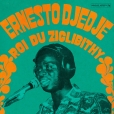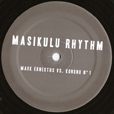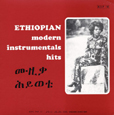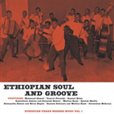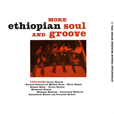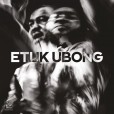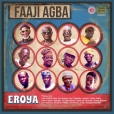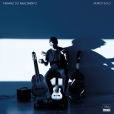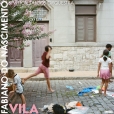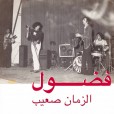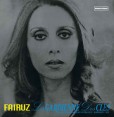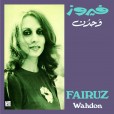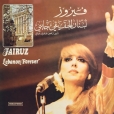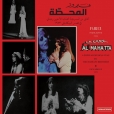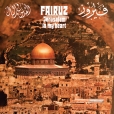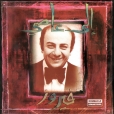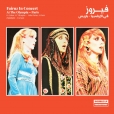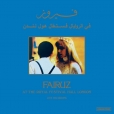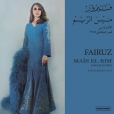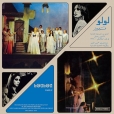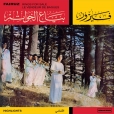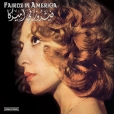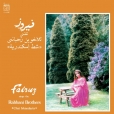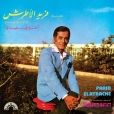Your basket is empty

‘Returning from Paris home to Côte d‘Ivoire in 1974, Ernesto began looking for like-minded musicians to form the mighty Ziglibithiens. Diabo Steck (drums), Bamba Yang (keyboards & guitar), Léon Sina (guitar) and Assalé Best (saxophone) would become the core of the group and together with Ernesto they began thinking of ways of combining the rhythms and chants of the Bété people together with makossa, funk and disco. He called his experiment Ziglibithy and his first two albums — recorded at the EMI studios in 1977 in Lagos and released on the Badmos label — took West Africa by storm, turning Ernesto Djédjé into an icon overnight, and one of the all-time legends of African music.
‘The song Zighlibitiens, brought to Colombia by an aeronautical mechanic in the early 1980, would become a huge hit on the Caribbean Coast. Renamed El Tigre by locals soundsystem operators, it attained holy-grail status in Barranquilla and Cartagena. Setting fire to innumerable local parties, it has become one of the most sought-after albums in that part of the world. And so while Ziglibithy has mostly disappeared from the airwaves of its country of birth, on the other side of the Atlantic, its fire continues to shine bright.’
The Basic Channel maestro takes on Konono. So brawling and bad-minded, dense and intense, and musically expert, it amounts to a ritual humiliation of the genre Dub Techno.
Vinyl selections from CD Volumes 1, 4 and 8… featuring Mulatu Astatke.
Her classic third LP, from 1971, originally released by Odeon Brazil.
‘Gems like Que Bandeira, composed by Marcos Valle, blending funk/soul and bossa/MPB; Esperar Prá Ver, co-written by her brother Renato Corrêa, with its stunning arrangement and an epic bassline that is hard to get out of your head; the archetypal samba soul of Só Quero; and vocal-driven groovy jams like Por Mera Coincidência and Rico Sem Dinheiro, spiced with celestial strings and heavy-duty drums and basslines.’
Originally released in 1978, Wahdon announces this great diva’s switch from traditional to more modern idioms and arrangements.
Three mesmerising songs to start, including Habaitak Ta Neseet Al Naoum (I Loved You So Much I Forgot To Sleep), with ravishing strings and percussion.
Recorded in Athens at the studios of EMI Greece during the same sessions as Zaid Rahbani’s Abu Ali LP, and likewise edging into funk and disco, the second side is something else. In Al Bostah (The Bus), a woman recalls a bus journey with a lover, in scorching heat, to extended, hypnotic, uptempo, funkdafied disco. The title track Wahdon crafts a slower, jazzier setting for Fairuz’ out-of-this-world singing.
Recommended.
